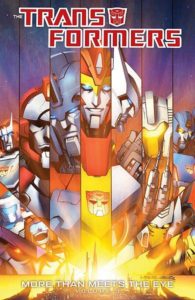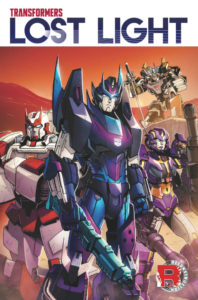 For the last two days we talked about the challenges of running a fan forum. If your board is busy, you’ll have the accompanying problems of a busy board: arguments between forum members, spammers, trolls, and so-called “Fans” with their own agendas. Running a fan forum might not be a good use of your promotional time and resources. And if your board is slow…how much effort are you and your associates willing to put in to try to get a slow-moving forum off the ground?
For the last two days we talked about the challenges of running a fan forum. If your board is busy, you’ll have the accompanying problems of a busy board: arguments between forum members, spammers, trolls, and so-called “Fans” with their own agendas. Running a fan forum might not be a good use of your promotional time and resources. And if your board is slow…how much effort are you and your associates willing to put in to try to get a slow-moving forum off the ground?
Fortunately, there are other ways to reach your fans than running your own message board.
That’s why, rather than making your own message board, I’d generally recommend finding one or two message boards that look welcoming and active and have a theme or interest in common with you and your stories. Note that people will notice, and resist, if the only reason you visit is to talk about your books and exhort people to buy them. Instead, find a board that interests you, a community you’d want to be part of, and discuss your shared interests: space opera, urban fantasy, ghost stories, whatever.
Maybe you are already a member of a board like that. Or maybe you prefer other venues like Twitter or Tumblr. If you don’t spend much time on the Internet, perhaps you can ask your writer friends what apps or methods they use. It’s often easier to join a new community when you have a friend who’s already a member who can show you the ropes.
A pre-existing board isn’t going to be all about your novel and your world – and that’s okay. For a new author, putting out new material at a pace fast enough to sustain an entire message board is not possible. If you’re writing with a circle of other authors in a shared world, or if your books become blockbusters, or if you have a creative fandom who want to share fan art, fan fic and crafts based on your stories, you might get there…but it’s putting the cart before the horse to make a forum and hope people show up. If you build a fandom first, the communities will happen organically. Maybe you won’t get a message board: maybe you’ll get a tag on Tumblr.
You can certainly join boards for writers — networking with other writers is important — but don’t forget to reach out to people who are readers first and foremost. I’ve been to cons where I didn’t make any money because all I did was trade books with my fellow writers. My lesson – to distinguish between networking events with other writers, and events where my goal is to sell books to an expanding base of readers.
We all have enough duties and obligations. Most fellow members of the message board communities I’ve belonged to go there to socialize, relax, and have fun. You can network and even advertise a little on message boards, but in the end, people will hang out on a board if they feel it’s fun to do so.
Similarly, have fun in your message board networking, and be mindful how much time you spend on them. They’re neither really “work” (like writing, editing, or bill paying) nor really “play” (like enjoying your hobbies or spending time with your family) and they should not take away the time you need for both of those.
Happy writing!



